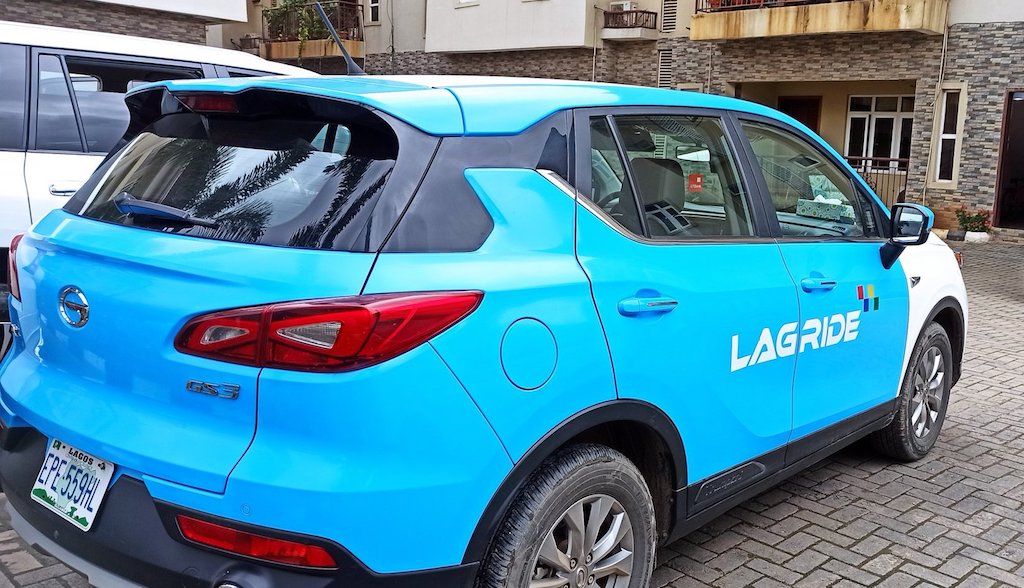
₦10.52 million daily—that is the estimated loss for LagRide, the government-supported ride-hailing platform, after its drivers were instructed to stay off the roads due to a nationwide protest. According to TechCabal’s calculations, if the strike lasts the planned ten days, the company could face a total loss of ₦94.69 million.
Operational Halt and Financial Impact
On Wednesday, LagRide directed its 1,000 drivers to suspend operations and their daily repayments during the strike. This directive affects the repayment plan for the brand-new GAC vehicles provided to the drivers, which includes a daily payment of ₦10,522 over four years.
The company issued a stern warning stating, “Any captain found driving or making offline trips or impersonating tomorrow will have their vehicle repossessed without options of settlement.” This precaution is exclusive to LagRide, as other competitors like Bolt, Indrive, and Uber have not enforced similar measures. However, the e-hailing drivers union officials advised drivers to stay home due to safety concerns.
Broader Industry and Economic Implications
Jolaiya Moses, the national treasurer of the App-Based Transporters of Nigeria (AUATON), communicated via text message, “We did not stop operations, we only advised safety. We encouraged everyone to stay safe, if possible stay at home. It’s a volatile period.” This guidance underscores the broader climate of uncertainty and potential for violence during the protests.
The suspension of LagRide drivers’ accounts significantly impacts their ability to earn a living, especially as their daily asset repayments increased by 17% in July 2024, from ₦8,955 to ₦10,522 due to rising inflation and other economic challenges. This inability to make daily repayments threatens not only the drivers’ financial stability but also poses substantial risks for the government and private investors backing LagRide, particularly if the protests and the resultant operational halt extend beyond the initial ten days.
Context and Future Considerations
LagRide’s situation is a microcosm of the broader economic strain facing Nigeria amid ongoing protests. The directive for LagRide drivers to halt operations contrasts with other ride-hailing platforms’ approaches, highlighting the varied strategies companies employ in response to socio-political upheavals.
Should the protest extend or escalate, the financial repercussions for LagRide and its drivers will likely intensify, exacerbating the already challenging economic environment. Observers will be keenly watching how both the government and private investors navigate these turbulent times to mitigate losses and support affected drivers.
